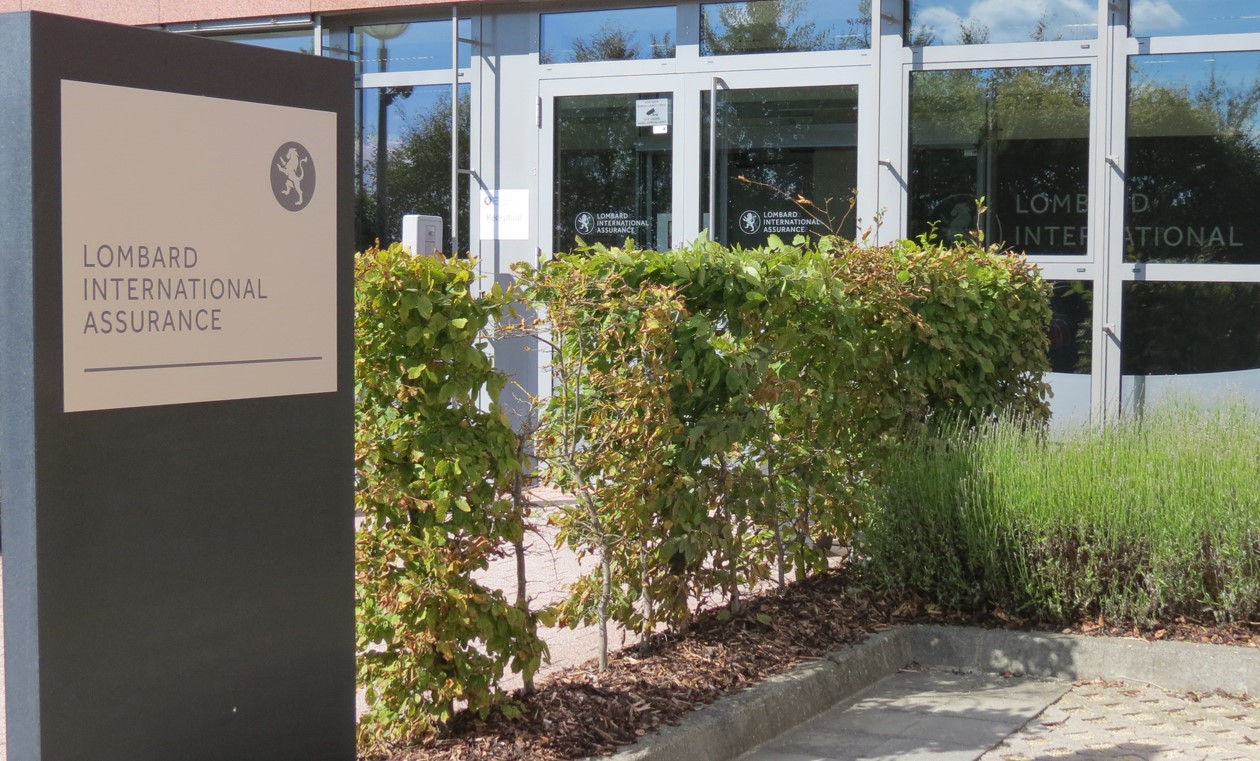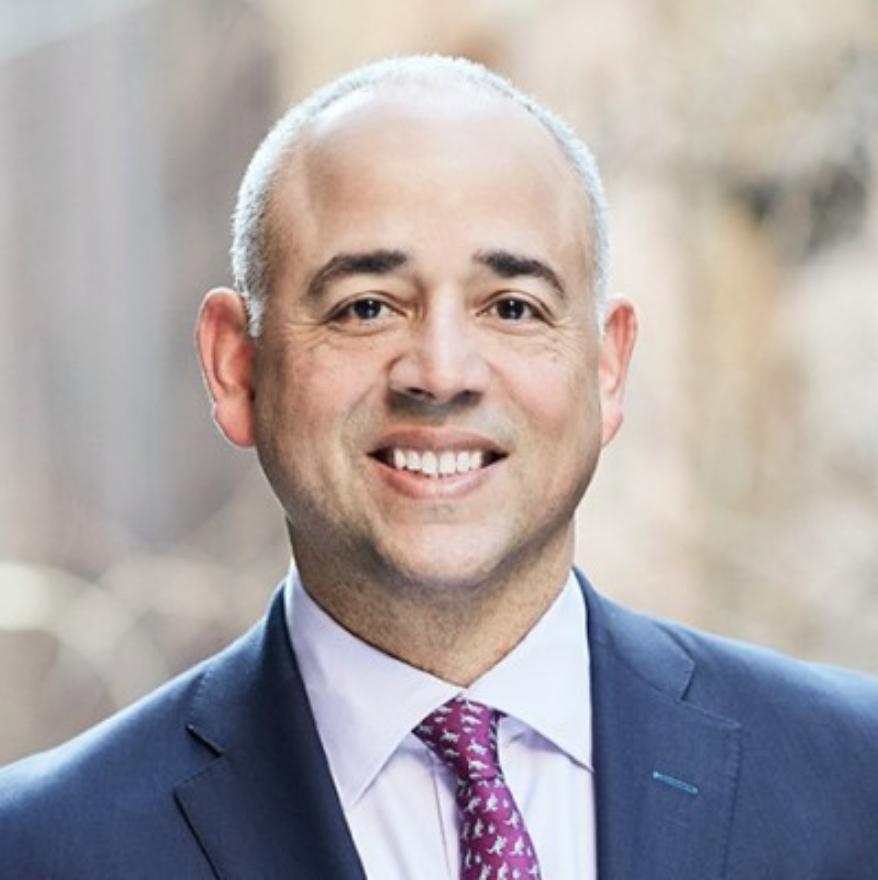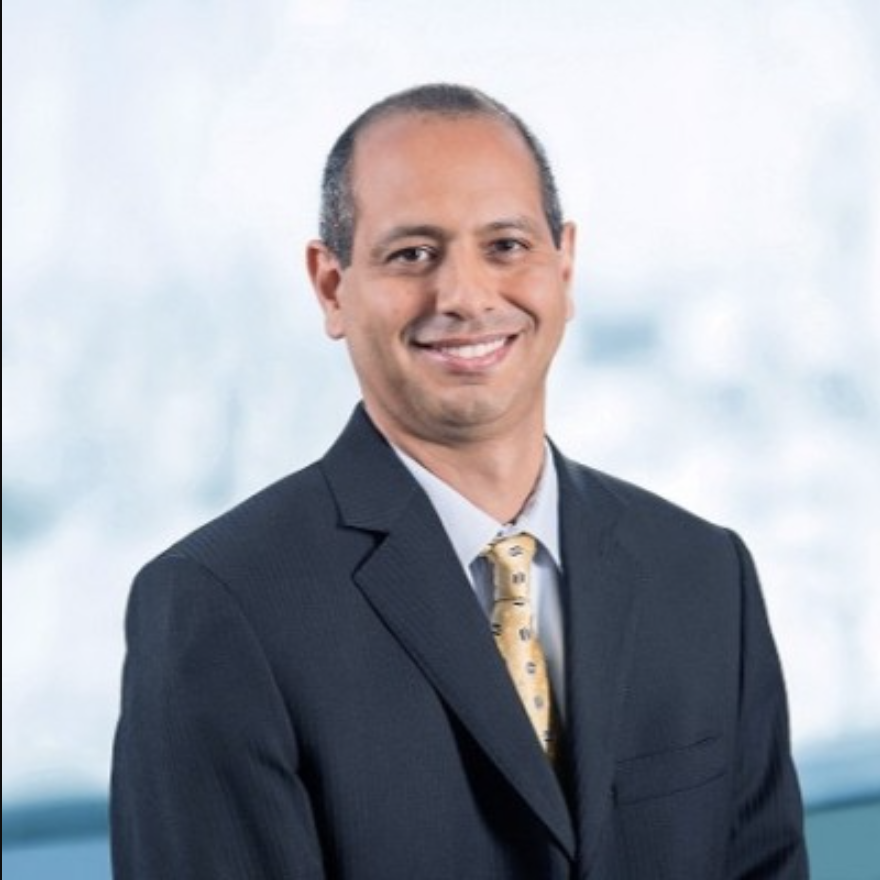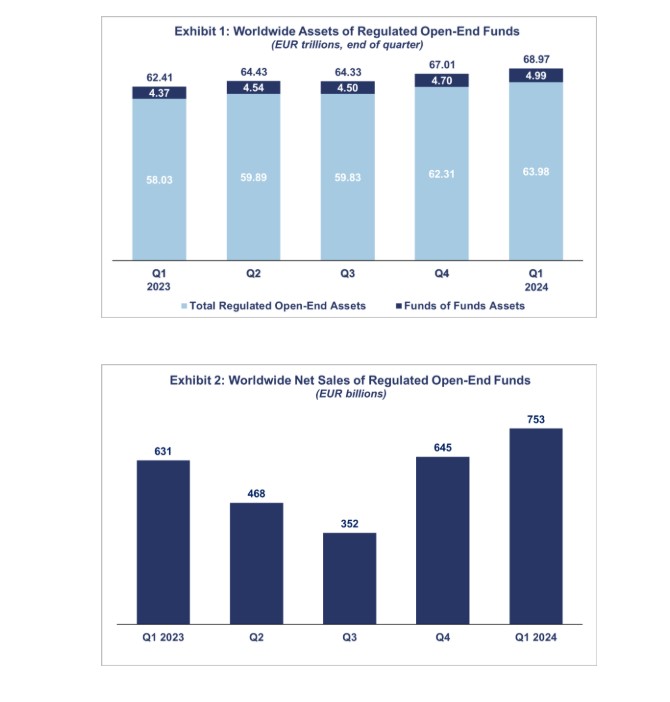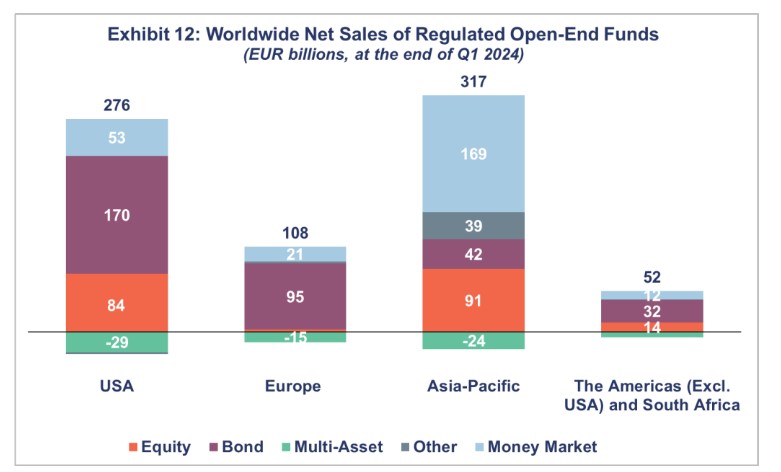
The election calendar remains very active. France held its first round with a victory for the far-right National Rally party, led by Marine Le Pen and Jordan Bardella. In the United Kingdom, citizens will go to the polls next Thursday, July 4, to decide whether the Labour Party will take control of the government after 14 consecutive years of Conservative rule. In the United States, Joe Biden’s suitability as a candidate is in question after losing the electoral debate to Donald Trump last week.
In this context, Greg Meier, Director of Global Economics and Strategy at Allianz Global Investors, reminds us: “Investing based on political expectations can be a mistake, as evidenced by the 2016 U.S. presidential elections. When the results were announced on the night of November 7, the markets initially panicked, with S&P 500 futures falling by as much as 5% in overnight trading. However, when the spot market opened on November 8, the losses disappeared, and by the close, stocks were up 1.2%.”
Saira Malik, CIO of Nuveen, notes that more than 70% of global market capitalization will be influenced by economic and political changes resulting from elections in countries such as France, India, Mexico, South Africa, and the United Kingdom. She emphasizes the importance of not ignoring the outcome and impact of these electoral events.
“This has been a busy election year outside the U.S., and there is still much more politics and persuasion strategies ahead, of course, also in the U.S. By the end of 2024, when all electoral processes have concluded, more than 4 billion people—representing nearly half of the world’s population and 57% of global GDP—will have participated in national elections throughout the year. The implications for investors are crucial, as approximately 70% of global equity market capitalization will be influenced by economic, trade, regulatory, governance, and socio-political changes these elections could trigger in the coming years,” she explains.
According to her analysis, there has recently been a clear shift to the right in the European Parliament elections, which has been a significant blow to centrist parties governing some key EU member states. “Dissatisfaction with the sluggish European economy has intensified, so French nationalist-populist parties could gain more power. Similar threats have materialized in places as diverse as India, Mexico, and South Africa. These elections, although already held, will help define the political path forward. And it is expected that the July 4 elections in the United Kingdom will end 14 years of Conservative Party rule, with consequences for developed markets in the second half of 2024. Beyond the elections, it is worth monitoring geopolitical risks, such as the recently signed defense pact between Russia and North Korea,” she notes.
Malik adds that although politics and geopolitics can always generate greater uncertainty, “in the current market environment, we see compelling reasons to consider investment opportunities in certain non-U.S. equity markets.”
First Round in France
So far, based on the results of the first round of elections in France, the European market has reacted positively. In fact, the euro surged close to the reference level of the last semester near 1.08, while CAC 40 futures rose by nearly 3%.
“It would not be surprising to see French banks start to register gains. For example, Societe Generale shares dropped by nearly 20% last month. The fact that the far-right did not achieve an absolute majority, leaving everything open for the second round next Sunday, July 7, has been well received by the markets, with the French risk premium dropping by 7 basis points to two-week lows,” says Juan José del Valle, Head of Analysis at Activotrade SV.
According to Del Valle, European futures started the week with strong gains following the first round of elections in France, where Le Pen’s National Rally won the legislative elections for the first time with 34.2% of the vote (despite not having an absolute majority). The CAC 40 begins the second half of the year opening with a +2.5% rise, with investors closely watching the final result and the resulting fiscal policies of French finances.
Regarding the results, AXA IM Chief Economist Gilles Moëc states that the outcome “arithmetically puts an absolute majority out of reach” for Macron’s party. He also believes that a potential moderate coalition government would be “constantly at risk of being halted by a motion of no confidence,” complicating economic management. In this regard, Gilles Moëc analyzes the possibility of resorting to the ECB’s TPI special assistance program but warns that “a government could hardly expect to benefit from ECB intervention if the market is rationally responding to specific political decisions likely to worsen the trajectory of its public debt” and notes that the TPI will not be a tool to stop crises, but to mitigate them.
For now, in France, exit polls from the first round point to results generally in line with expectations, so the markets are likely to temporarily breathe a sigh of relief. “The risk of a left-wing majority seems to have been avoided, which alleviates the worst market fears about uncontrolled spending. However, we are not out of the woods yet. The National Rally (RN) has exceeded expectations and could garner enough votes in the second round for a relative or even absolute majority. In summary, the only certainty is uncertainty. OAT bonds may adjust slightly against bunds, but only to a certain extent, as France’s future remains unclear, and political risk is high. The reduced risk of contagion should support non-French European sovereign debt,” argues Alex Everett, Investment Manager at abrdn.
United Kingdom
Although the French elections will remain in the spotlight for many investors, with the second round scheduled for July 7, it should not be forgotten that the United Kingdom is called to the polls this Thursday, July 4. According to analysis by Martin Wolburg, Senior Economist at Generali AM, part of the Generali Investments ecosystem, the Conservatives have governed the country since 2010. However, the polls overwhelmingly show a shift from a center-right government to a center-left Labour government. He acknowledges that it is very likely the upcoming elections will give Labour a comfortable majority.
“The fiscal balance will improve with the current government’s fiscal plans, but as the average public debt rate is unlikely to match nominal GDP growth, the debt-to-GDP ratio will rise to 110% by 2029, according to the IMF. Labour’s fiscal plans do not seem very different from the current ones, suggesting that the projected debt trajectory will not change significantly. Obviously, with a large majority, Labour might be tempted to follow a somewhat more expansive policy than in their manifesto. But we believe the lesson has been learned from the 2022 Truss mini-budget crisis, and investors have good reasons to focus more on the outcome of the French elections,” argues Wolburg.
For Jon Levy, Global Macro Strategist for Europe at Loomis Sayles (Natixis IM), investors should anticipate that the pound will reverse its weakening trend given the likely large Labour victory. He explains that Labour intends to play the long game, being tactical with borrowing and fiscal policies while seeking political levers that facilitate strategic long-term investments to boost productivity, trade, and energy security.
“If Labour manages to advance these goals, we believe investors should anticipate that the pound will reverse its weakening trend. The pound has experienced a prolonged decline against the dollar, significantly depreciating after the global financial crisis (GFC) and again after Brexit. It weakened further as the post-Brexit regime moved away from a customs union to a less favorable configuration for the UK. The exchange rate may partly reflect low expectations for the UK’s economic prospects,” Levy argues.
In his opinion, this creates a low bar and suggests potential for improvement if Reeves’ framework for enhancing growth, trade, incomes, and energy security proves at least modestly successful. “The burden of proof lies with the next government, but they may benefit from favorable tailwinds. If the polls are correct, Labour will have considerable political power,” he concludes.
U.S. Post-Debate
Lastly, the U.S. is still dealing with the aftermath of the presidential debate between Biden and Trump, which has shifted the odds in favor of a Trump victory in the upcoming U.S. presidential elections. “The tightening of trade policies, including increased tariffs, and tax cuts in 2025 are becoming more likely, and in anticipation, the U.S. dollar has risen. We expect the outcome of the presidential race to remain highly uncertain, given the deep polarization of the U.S. electorate and the unpopularity of each candidate among the opposing electoral base,” acknowledges David Kohl, Chief Economist at Julius Baer.
According to Kohl, in an unusually early presidential debate in the run-up to the November U.S. presidential elections, incumbent President Joe Biden failed to convince voters of his mental fitness for office, as he stuttered and struggled to complete his thoughts and attacks on his main opponent, Donald Trump. Conversely, he believes Trump greatly benefited from Biden’s mistakes, although he did little to appeal to Democratic voters.
“The odds now favor a Trump victory in November. This makes a tougher trade policy in 2025 more likely, including significant and fiscally relevant tariff increases, which could create headwinds for consumption, elevate inflation, and push interest rates higher. Additionally, an extension of the expiring tax cuts is now more likely. The shift in odds has elevated the U.S. dollar in anticipation. Despite Trump’s clear victory in the presidential debate, we maintain our view that the outcome of the presidential race remains highly uncertain given the deep polarization of the U.S. electorate and the unpopularity of each candidate among the opposing electoral base,” concludes Julius Baer’s Chief Economist.



